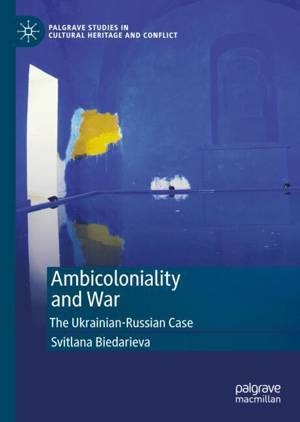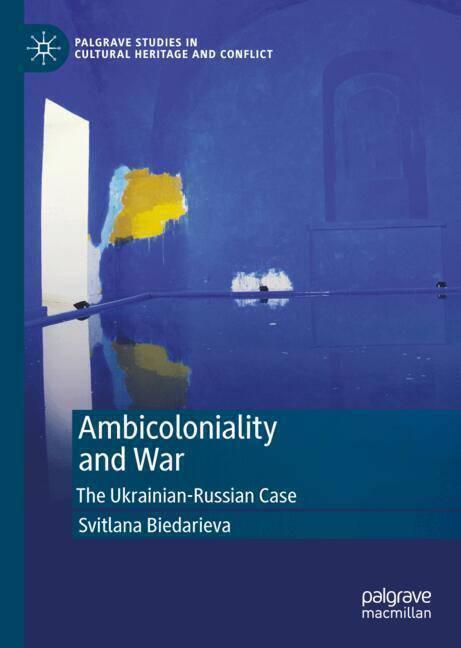
- Retrait gratuit dans votre magasin Club
- 7.000.000 titres dans notre catalogue
- Payer en toute sécurité
- Toujours un magasin près de chez vous
- Retrait gratuit dans votre magasin Club
- 7.000.0000 titres dans notre catalogue
- Payer en toute sécurité
- Toujours un magasin près de chez vous
Description
This book proposes a new notion of "ambicoloniality" to speak about the current situation when Ukraine has become Russia's territory of obsession, and Russia, in its desire to occupy Ukraine, has in effect subjected itself to Ukraine's symbolic dominance. Ambicoloniality presents a key point of divergence from already existing models, as the mutual impact of the two countries over centuries has gone both ways, over a shared border -- in contrast to other empires that established their colonial power relations at a distance. The Ukrainian-Russian case is very different from the examples covered by both postcolonial and decolonial theorists. To explore the reasons and consequences of such a differing process of colonial expansion/ anti-colonial struggle/ decolonial release, the book inquires into the historical and cultural reasons for the emerging gap between the two states. It explores which role cultural hybridity plays in political self-identification in both Ukraine and Russia, and how this hybridity has manifested in society and culture (including examples of art and literature) following the dissolution of the Soviet Union in 1991, until 2023.
Spécifications
Parties prenantes
- Auteur(s) :
- Editeur:
Contenu
- Nombre de pages :
- 240
- Langue:
- Anglais
- Collection :
Caractéristiques
- EAN:
- 9783031740763
- Date de parution :
- 24-03-25
- Format:
- Livre relié
- Format numérique:
- Genaaid
- Dimensions :
- 148 mm x 210 mm

Les avis
Nous publions uniquement les avis qui respectent les conditions requises. Consultez nos conditions pour les avis.






